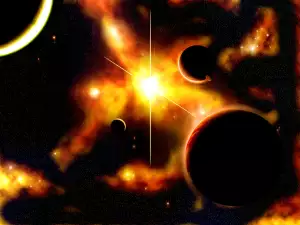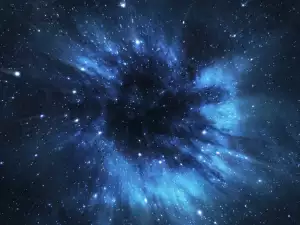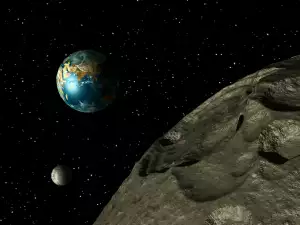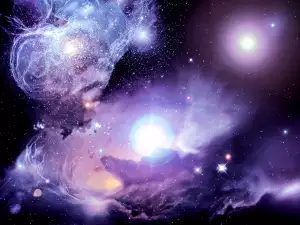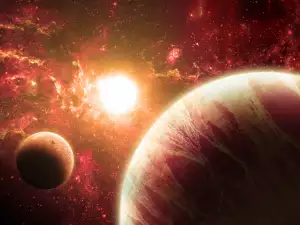If you've ever felt that your life has no direction, you can blame the Universe. Researchers have put a century-old hypothesis to the test, by analyzing the oldest radiation, to determine that the Universe is expanding isotropically. From a large scale point of view, this means that the Universe doesn't have a particular direction but is essentially the same, no matter where you look at it from.
In a new study, cosmologists from the University College London and Imperial College London looked at the cosmic microwave background to test one of the main hypotheses in the standard model of cosmology - the Copernican principle. The principle states that the Universe is isotropic and homogeneous.
Researchers used measurements of the cosmic microwave background - leftover radiation from the Big Bang - taken by the European Space Agency's Planck observatory. But instead of looking for imbalances within the scope of this radiation, the team theorized about the different ways in which the possible directions might leave their mark on the cosmic microwave background (CMB). To aid them, they used a supercomputer to find hidden models.
These could potentially include a Universe spinning around a particular axis or expansion at various velocities at various axes. Alongside this, the early Universe could have been pulled and compressed in specific directions as a result of gravitational waves.
The team has identified 5 states which would be able to indicate a specific direction.

"For the first time we searched for the signatures of the isotropic point source, which retains homogeneity in an open or flat Universe, without being limited, " the authors write.
"We remodeled the existing limitations for data analysis of CMB polarization in addition to the temperature, allowing us to find the narrowest limits with current CMB data, " scientists add. Additionally, the researchers have discovered overwhelming odds against the argument of the Universe's expansion in a given direction - 121 000:1. That means that the likelihood of the Universe expanding in a given direction is only 1 in 121 000.
The results indicate that the Universe really is isotropic, supporting the assumptions that cosmologists have long been relying on. Even though there's limitations on the principle and matter is distributed unevenly, space, at the largest scale, is the same in all directions.
Researchers add, "We're finding irrefutable evidence against deviations from isotropy, while simultaneously placing upper limits for all states for the first time and surpassing the Planck limits of spin by an order of magnitude."

